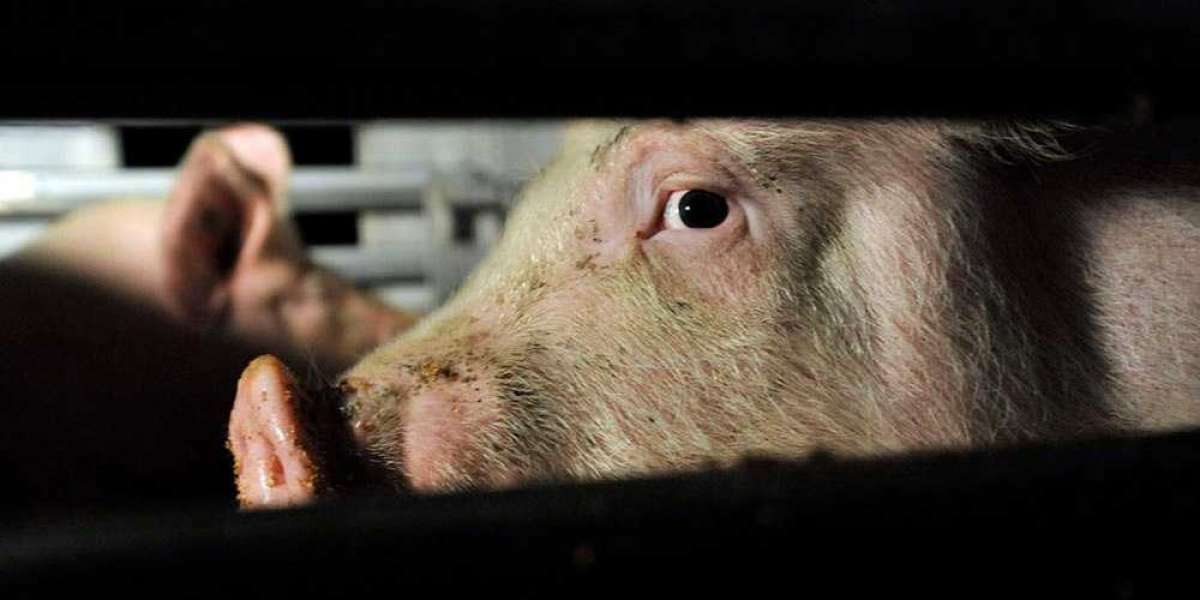The environmental meat industry costs are often underestimated, overshadowed by the convenience and affordability of animal-based products. However, a closer examination reveals the hidden toll that meat production exacts on the environment, including its contribution to deforestation, water scarcity, and climate change. Understanding the true environmental costs of the meat industry is crucial for making informed decisions about food consumption and promoting more sustainable alternatives.
Environmental meat industry costs encompass a range of environmental impacts associated with livestock farming and meat production. One of the most significant costs is the deforestation and habitat destruction driven by the expansion of grazing land and feed crops for livestock. Forests are cleared to make way for pastureland and soy plantations, leading to the loss of biodiversity, destruction of ecosystems, and release of carbon stored in trees into the atmosphere.
Moreover, the meat industry is a major contributor to water scarcity and pollution, with livestock farming accounting for a significant portion of global freshwater usage and water pollution. Water is used extensively in all stages of meat production, from watering crops for animal feed to cleaning and processing facilities. Additionally, the runoff from animal waste and fertilizers used in feed crop cultivation can contaminate water sources, degrade water quality, and harm aquatic ecosystems.
Additionally, the meat industry is a significant source of greenhouse gas emissions, contributing to climate change and global warming. Livestock farming produces large amounts of methane, a potent greenhouse gas, through enteric fermentation and manure decomposition. Additionally, the production and transportation of feed crops, as well as the processing and distribution of meat products, require energy and resources, further contributing to carbon emissions and environmental degradation.
Despite the substantial environmental meat industry costs, there are opportunities for mitigating these impacts through more sustainable agricultural practices and dietary choices. Transitioning towards plant-based diets and reducing meat consumption can help reduce the demand for animal products and alleviate pressure on natural resources and ecosystems. Plant-based diets have a lower environmental footprint compared to meat-based diets, requiring less land, water, and energy to produce, and producing fewer greenhouse gas emissions.
Furthermore, supporting sustainable and regenerative farming practices can help minimize the environmental impacts of meat production and promote biodiversity, soil health, and carbon sequestration. Practices such as rotational grazing, agroforestry, and cover cropping can improve soil fertility, water retention, and biodiversity while reducing reliance on synthetic inputs and minimizing greenhouse gas emissions.
Moreover, consumer awareness and advocacy play a crucial role in addressing the environmental costs of the meat industry and promoting more sustainable food systems. By choosing to support companies and producers that prioritize environmental sustainability and animal welfare, consumers can drive positive change throughout the food supply chain. Additionally, advocating for policies and regulations that incentivize sustainable farming practices and support the transition towards plant-based diets can help create a more resilient and environmentally friendly food system for future generations.
In conclusion, the environmental meat industry costs are substantial and far-reaching, with implications for biodiversity, water resources, and climate change. By understanding the true environmental impacts of meat production and making informed choices about food consumption, individuals can contribute to a more sustainable and equitable food system. Embracing plant-based diets, supporting sustainable farming practices, and advocating for policy change are essential steps towards addressing the environmental costs of the meat industry and promoting a healthier planet for all.








